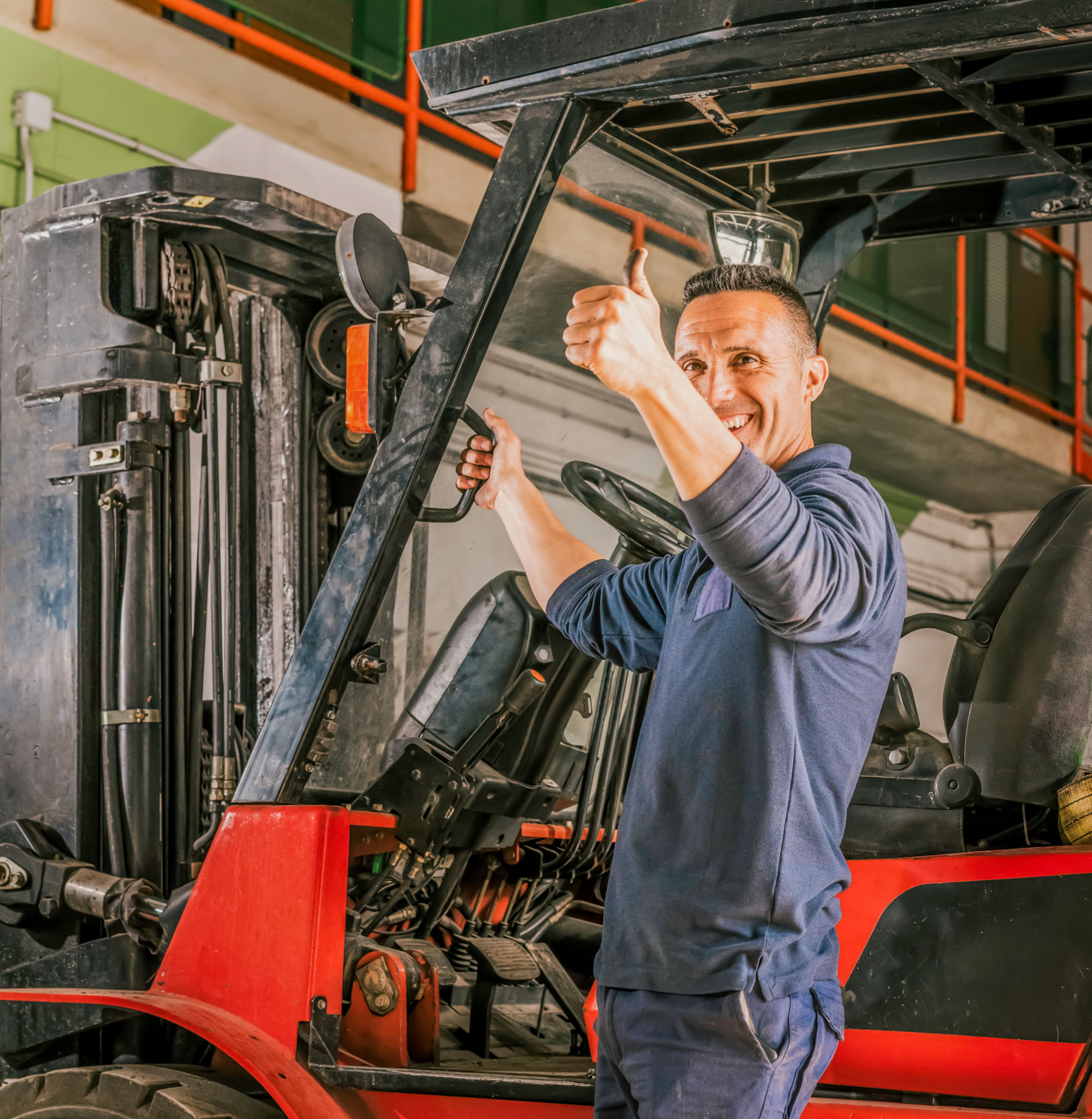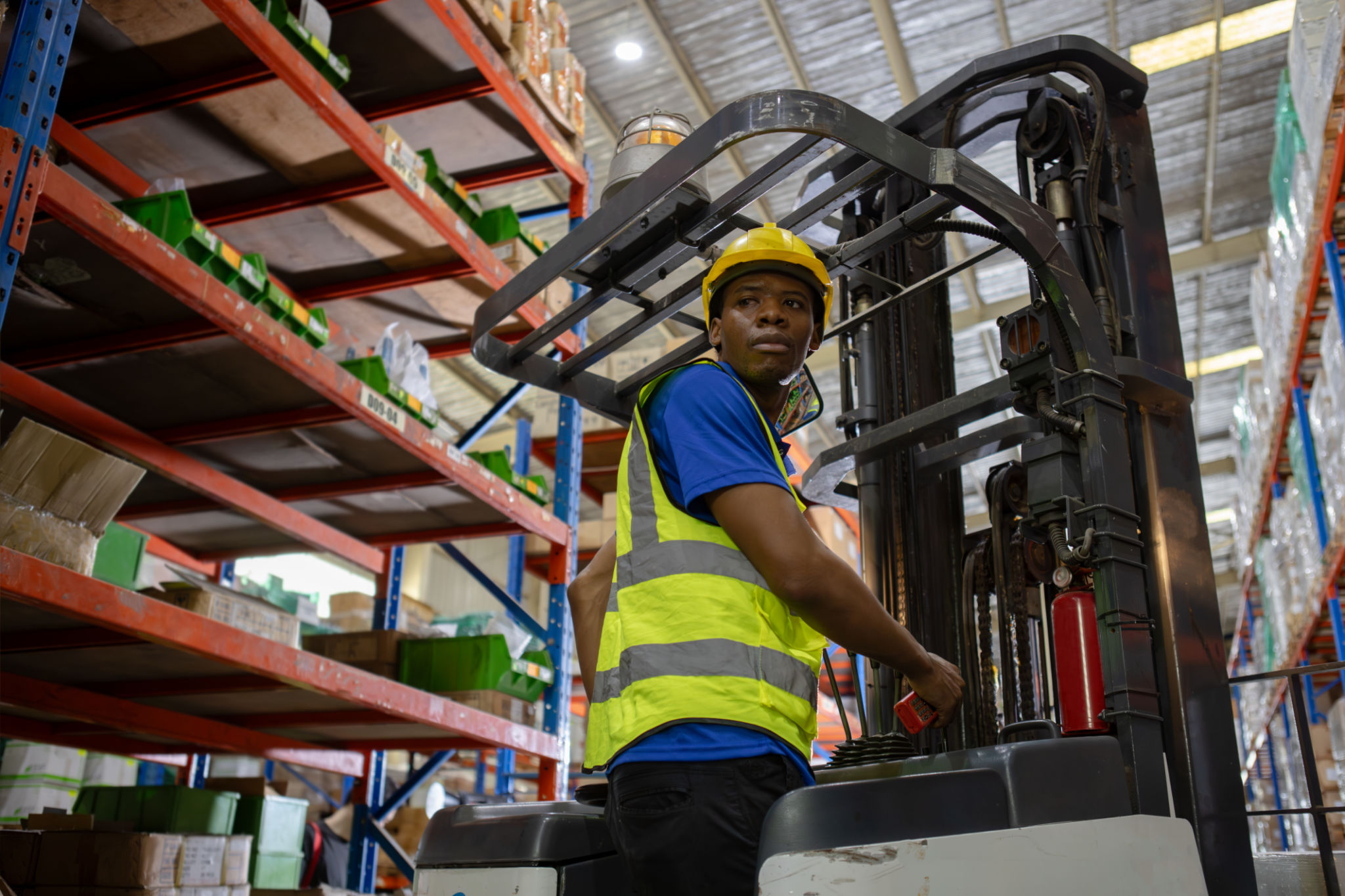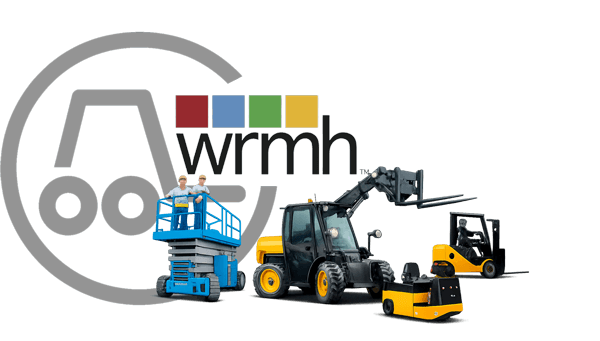The Importance of Matching Operator Licenses to Machine Types
The Critical Connection Between Operator Licenses and Machine Types
In the world of heavy machinery and industrial operations, ensuring that operators are properly licensed for the specific types of machines they are tasked with handling is not just a matter of compliance; it's a matter of safety and efficiency. As industries continue to evolve with more advanced technology, the importance of matching operator licenses to machine types becomes increasingly crucial.
Operator licenses are designed to certify that an individual has the necessary knowledge and skills to safely and efficiently operate specific types of machinery. This certification process often includes both theoretical and practical assessments tailored to different machine categories. When operators are properly licensed, the risk of accidents, costly repairs, and downtime is significantly reduced.

Reducing Workplace Accidents
One of the primary reasons for matching operator licenses to machine types is the significant reduction in workplace accidents. Each machine comes with its own set of operational protocols and safety requirements. Operators who possess the correct license are trained to understand these nuances, which helps in preventing mishaps that could lead to injury or even fatalities.
For example, operating a crane is vastly different from handling a forklift, and each requires specific expertise. An operator trained for one type of machine may not be aware of the intricacies involved in another, which can lead to dangerous mistakes. By ensuring operators are specifically licensed for their equipment, companies can foster a safer working environment.
Enhancing Operational Efficiency
Matching licenses to machine types not only enhances safety but also boosts operational efficiency. Licensed operators are usually more adept at handling their designated machinery, leading to smoother operations and increased productivity. They understand how to maximise the performance of their equipment, which reduces wear and tear and extends the lifespan of the machines.
In industries where time is money, having skilled operators who can perform tasks swiftly without compromising safety is invaluable. This improvement in efficiency often results in higher output levels and better overall business performance.

Compliance with Legal Standards
Most countries have stringent regulations regarding operator licensing for heavy machinery, ensuring that only qualified individuals are entrusted with operating complex equipment. Adhering to these legal standards is essential for companies to avoid fines and legal liabilities. Non-compliance can result in severe penalties, which can harm a company's reputation and financial standing.
By matching operator licenses to machine types, businesses demonstrate their commitment to safety and legal compliance. This not only protects them from potential legal issues but also enhances their reputation among clients and stakeholders.
Investing in Training and Development
To ensure that operators are correctly licensed, companies need to invest in continuous training and development programs. These programs should be designed to keep operators updated on the latest industry standards and technological advancements. Investing in such initiatives not only helps in maintaining compliance but also demonstrates a commitment to employee development.
Offering regular training sessions can also improve employee morale and job satisfaction. When operators feel supported in their professional growth, they are more likely to remain loyal to their employer, reducing turnover rates and fostering a more experienced workforce.

Conclusion: A Strategic Approach
In conclusion, matching operator licenses to machine types is a strategic approach that benefits both workers and businesses. It enhances safety, boosts efficiency, ensures compliance, and supports employee development. As industries continue to evolve, this practice will remain a cornerstone of effective machinery operation management. By prioritising proper licensing, companies can pave the way for safer and more productive industrial environments.
